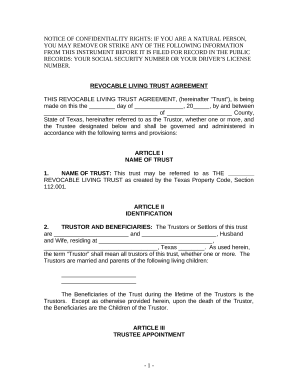
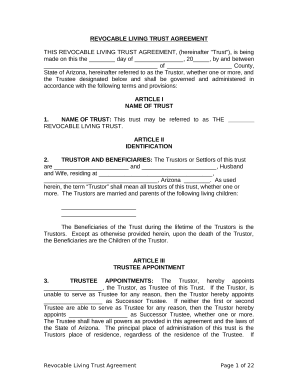
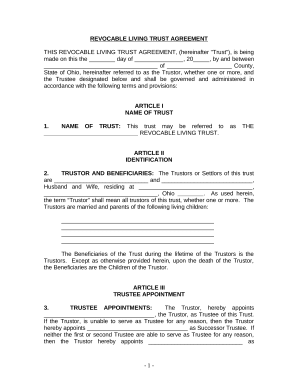
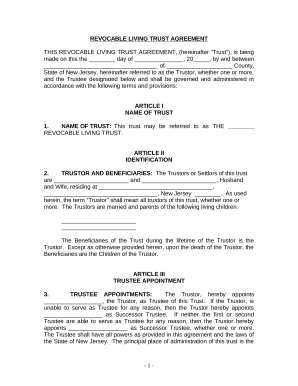
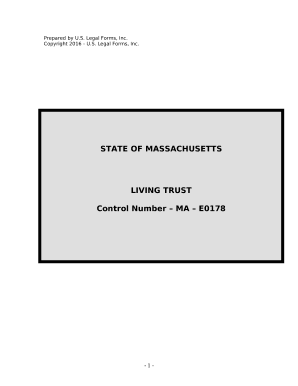
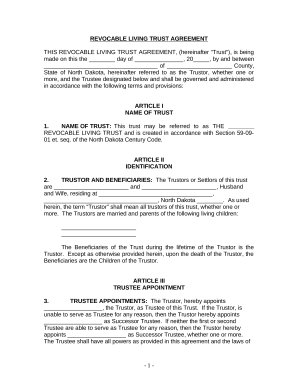
Your workflows always benefit when you are able to obtain all of the forms and files you require at your fingertips. DocHub offers a huge selection of document templates to relieve your everyday pains. Get hold of Trusts for Adult Children category and easily discover your document.
Start working with Trusts for Adult Children in several clicks:
Enjoy fast and easy document management with DocHub. Check out our Trusts for Adult Children online library and get your form today!